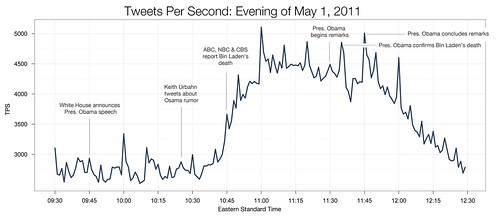Future of the LMS - towards a more open and personalised learning environment
View more presentations from flexilearn
I think it maybe a bit premature to walk out on Moodle for one main reason, it provides a place that my students and teachers come to to start learning. Ok at times some courses can be a bit dull but there is no reason Moodle cannot be used as a place from which to leap into the wider web and return to in order to consolidate a learning journey.
For now I will re-frame my idea of Moodle as "The Classroom" - I find that learning is happening within non-physical space and Moodle serves as a common location, a point, an island in a sea of chattering hyperlinks, images and online video.Whereas the physical classroom serves as a place for students to come together face to face, learning within a physical dynamic environment, to (be) at and with(in) a learning context rather than just attend to mentally, the physical classroom as learning embodied . In contrast Moodle often is "The Classroom" a simulation of the linearity of the Lesson Plan, a beginning a middle and an end, temporal and bound despite it social constructivist origins; I wonder has its success and malleability resulted in its becoming an antithesis to is social constructivist origins?

